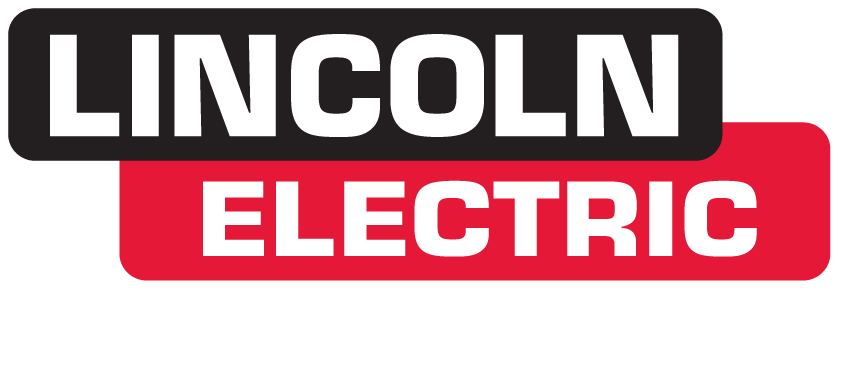Submitted by iCEV, 2021 Fall Meeting Sponsor
 Skills Verification in the Digital Age
Skills Verification in the Digital Age
Digital badges are a powerful way to take charge of professional growth and development, and they have become a popular way for individuals to upskill and advance their careers. Businesses, schools and organizations use digital badges to provide skills verification and offer opportunities for career advancement.
Digital badges signify the learner has completed a formally approved set of standards or competencies. Learners earn badges when they complete specific tasks to prove their knowledge and skills. Earning badges is a professional way for learners to share career development experiences with others and highlight their commitment to knowledge expansion in a particular area.
Because they are an online representation of knowledge, skills and accomplishments, digital badges provide an opportunity to promote those attributes through various channels. Digital badges can be added to email signatures and digital resumes or shared on social media platforms. A digital badge provides verifiable metadata that describes the qualifications and process required to earn the digital badge, making it easier for others to recognize the learner’s expertise and achievements.
Introducing iCEV Digital Badges
iCEV is committed to providing lifelong learners the tools necessary to achieve academic and professional goals. In an ever-changing marketplace, it is essential to communicate skills and credentials effectively. iCEV has partnered with Credly to offer a modernized version of credentials through digital badging. This fall, iCEV will begin offering digital badges to anyone who earns an industry certification hosted on the iCEV Certification Testing Platform; iCEV has already started awarding badges to educators who attend an iCEV professional development event.
iCEV first began awarding digital badges at CTE Inspired, a virtual conference hosted by iCEV. Badges were awarded to presenters, as well as attendees, based on the number of sessions attended. Nearly 2,000 presenters and recipients received an iCEV digital badge by participating in CTE Inspired.
Whether an individual earns an industry certification or an educator receives professional development credit, the digital badges awarded by iCEV offer a portable, verifiable method for professional accomplishment. Visit our website to learn more about iCEV’s new digital badging initiatives.


 Even before the current pandemic, there was a welding skills gap. That could actually mean a couple of different things: It could mean there simply are not enough skilled welders to fill the welding careers available, or it could mean there is a disconnect between the skills employers are looking for and the skills applicants actually have. Either way, this gap’s existence is a real problem in the welding industry today—for both employers and job-seeking welders.
Even before the current pandemic, there was a welding skills gap. That could actually mean a couple of different things: It could mean there simply are not enough skilled welders to fill the welding careers available, or it could mean there is a disconnect between the skills employers are looking for and the skills applicants actually have. Either way, this gap’s existence is a real problem in the welding industry today—for both employers and job-seeking welders.  There is a welding skills gap, and that could actually mean a couple different things: It could mean there simply are not enough skilled welders to fill the welding careers available, or it could mean there is a disconnect between the skills employers are looking for and the skills applicants actually have. Either way, this gap existing is a real problem in the welding industry today—for both employers and job-seeking welders.
There is a welding skills gap, and that could actually mean a couple different things: It could mean there simply are not enough skilled welders to fill the welding careers available, or it could mean there is a disconnect between the skills employers are looking for and the skills applicants actually have. Either way, this gap existing is a real problem in the welding industry today—for both employers and job-seeking welders.